- About us
- Specialties
Infertility Treatments
Gynaecolgic Surgery
High Risk Pregnancy
Obstetrics
Donor Programs
- News & Events
- Academic Activities
- Blogs
- Contact us

Increased Risk Factors: Multiple pregnancies often pose higher risks for both the mother and the babies compared to singleton pregnancies. These risks include premature birth, low birth weight, preeclampsia, gestational diabetes, and cesarean delivery.
Monitoring and Care: Pregnant individuals with multiple gestations require more frequent prenatal visits and specialized care to monitor the health and development of both the mother and the fetuses.
Challenges During Delivery: Delivering multiple babies can present challenges during labor and delivery, necessitating careful planning and often involving a medical team specializing in high-risk pregnancies.
Emotional and Physical Demands: Multiple pregnancies can place increased emotional and physical demands on the expectant mother, as well as potential financial strains due to the need for additional medical care and support.
Preterm Labor and Birth: Women with multiple pregnancies are at increased risk of preterm labor and premature birth, which can lead to a range of complications for the newborns.
Gestational Diabetes: Multiple pregnancies can increase the risk of gestational diabetes, a condition characterized by high blood sugar levels during pregnancy.
Preeclampsia: Preeclampsia is a potentially serious condition characterized by high blood pressure and organ damage that can occur during pregnancy, particularly in women carrying multiple fetuses.
Fetal Growth Restriction: Multiple pregnancies may increase the risk of fetal growth restriction, a condition in which one or more fetuses fail to grow at a normal rate in the womb.
Specialized Prenatal Care: Women with multiple pregnancies require specialized prenatal care, including frequent ultrasounds, monitoring of fetal growth and development, and management of any complications that may arise.
Nutritional Support: Proper nutrition and weight management are essential for women carrying multiple fetuses to support healthy fetal growth and development.
Monitoring for Complications: Healthcare providers closely monitor multiple pregnancies for complications such as preterm labor, preeclampsia, gestational diabetes, and fetal growth restriction, intervening as necessary to optimize outcomes for both the mother and the babies.
Delivery Planning: Delivery of multiple pregnancies often requires careful planning to ensure the safety of both the mother and the babies. In some cases, cesarean delivery may be recommended to reduce the risks associated with vaginal delivery.
Multiple pregnancies require specialized care and monitoring to optimize outcomes for both the mother and the babies. With proper medical management and support, many women with multiple gestations can successfully carry their pregnancies to term and deliver healthy babies.
Carrying multiple fetuses can be emotionally challenging for expectant mothers and their families. Guru Hospital offers compassionate support and counseling services to help patients cope with the physical and emotional demands of a multiple pregnancy, fostering a supportive and nurturing environment.
Copyright © 2024. All Rights Reserved.
Powered By BCC

Copyright © 2024. All Rights Reserved.
Powered By BCC